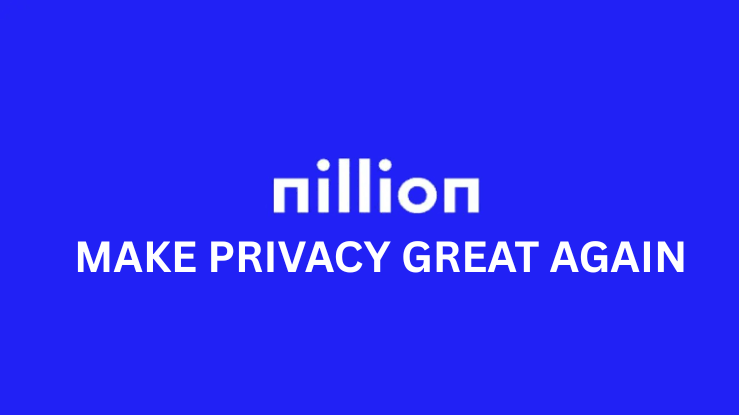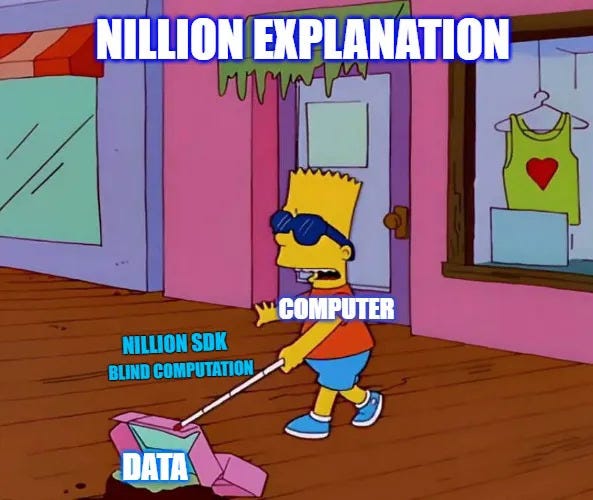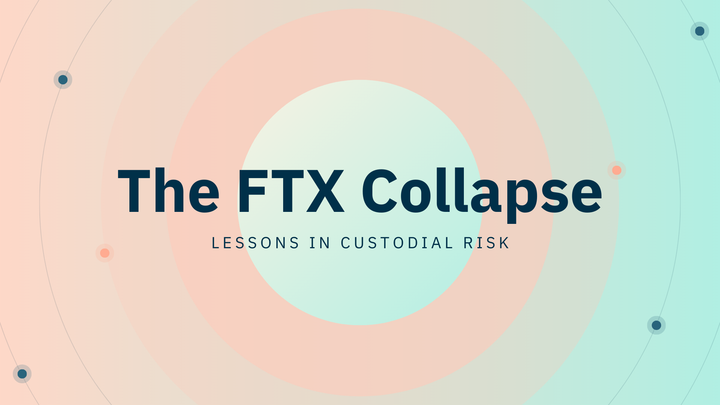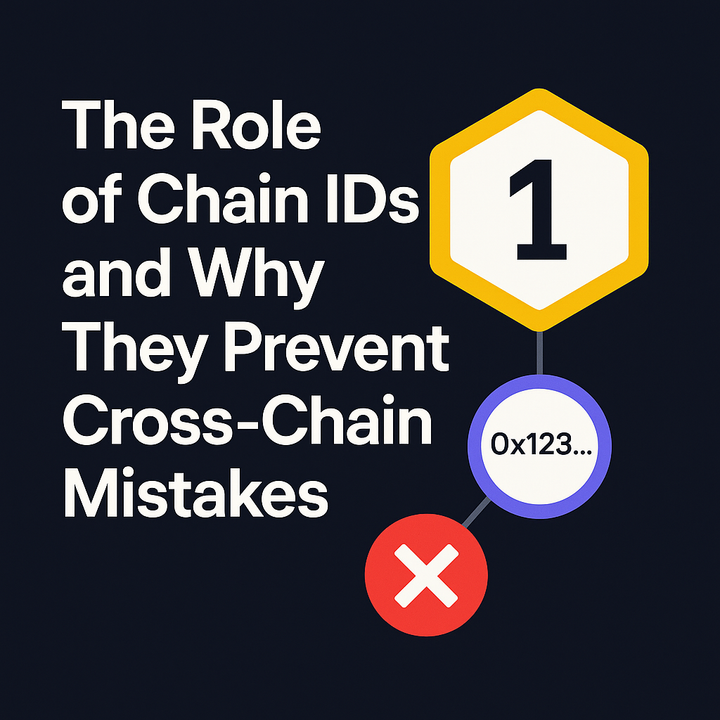Nillion: Building the Next Frontier of Private Computation

Privacy has been a significant challenge in the digital world for a long time. Although blockchain-based solutions such as Monero and Zcash have tried to tackle this issue, they face scalability limitations, high transaction costs, and regulatory scrutiny. Similarly, privacy-focused messaging and cloud storage services like Signal depend on centralized infrastructure, which is susceptible to data breaches and governmental intervention.
Nillion is emerging as a new leader in privacy-focused computing. Unlike traditional blockchains or centralized privacy platforms, Nillion utilizes Nil Message Compute (NMC), a revolutionary cryptographic technology that allows for secure data computation without requiring direct communication between nodes. This article explores how Nillion is transforming privacy, its foundational architecture, key use cases, and its long-term implications for secure computing.
What is NIllion: Introduction
The digital age has led to an unprecedented dependence on data, making privacy a critical concern for both individuals and businesses. While blockchain technology offers decentralized security, it falls short when it comes to high-speed, privacy-focused computations.
Introducing Nillion; a revolutionary decentralized network that prioritizes privacy-enhancing computation in digital security. Unlike traditional encryption methods that require data to be decrypted for processing, Nillion utilizes Blind Computation. This innovative approach allows computations to be performed on encrypted data without revealing its contents.
Also Read: Why Every Chain Will Need Programmable Liquidity

This innovation aims to transform secure computing by removing trusted third parties, improving scalability, and facilitating new use cases across various industries. Whether in healthcare, finance, or artificial intelligence, Nillion offers a solution for secure, decentralized, and privacy-preserving computation.
How Nillion is Transforming Privacy
Data breaches, centralized vulnerabilities, and compliance challenges are significant issues in traditional data-sharing models. Nillion tackles these problems with a decentralized architecture that eliminates intermediaries while maintaining both security and efficiency.
Unlike conventional privacy-enhancing technologies that often face performance bottlenecks, Nillion’s Blind Computation allows computations to be performed seamlessly on encrypted data. This enables businesses to extract insights, train AI models, and conduct analytics, all while ensuring that the data remains inaccessible to unauthorized parties, including the computing nodes themselves.
Also Read: Mitosis Chain Use Cases You Haven’t Considered
The transition from relying on trusted third parties to adopting trustless security is essential. Traditional encryption methods often require an intermediary to decrypt and process data, which exposes sensitive information to potential risks. Nillion addresses this issue by using multi-party computation (MPC) and homomorphic encryption (HE). This approach ensures that the data remains encrypted even during processing. The outcome is a network that enhances security while promoting collaboration in data-sensitive industries.
The Power of Nillion’s Blind Computation
At the core of Nillion’s innovation is Blind Computation, a mechanism that enables computations on fragmented, encrypted data while ensuring no single entity can access the complete dataset. Unlike conventional blockchain-based privacy solutions that struggle with speed and efficiency, Nillion’s approach enhances scalability while maintaining privacy at every stage of the process.

Here’s how Blind Computation functions:
Sharding and Encryption: Before being stored, data is divided into encrypted fragments and distributed across a decentralized network of nodes.
Multi-Party Computation (MPC) Execution: Nodes perform computations on the encrypted fragments using cryptographic techniques like homomorphic encryption, ensuring no single node can reconstruct the full dataset.
Blind Processing: Computations occur without decrypting data, guaranteeing privacy throughout the process.
Reassembly and Output Generation: Once computations are complete, the encrypted results are securely combined and returned to the user without exposing the raw data.
This methodology enables privacy-preserving analytics, AI model training, and secure data sharing, paving the way for privacy-first applications that do not compromise performance.
Also Read: What Makes Mitosis a Unique Modular Blockchain
The Architectural Foundation of Nillion
Unlike conventional blockchain systems that rely on distributed ledger technology for consensus and security, Nillion takes a distinct approach with a two-layer architecture:
Petnet (Privacy-Enhancing Technology Network)
The computation layer, where data processing occurs using privacy-enhancing techniques such as MPC and HE. Developers can customize their clusters according to their specific security and computational requirements.
nilChain (Blockchain for Coordination)
A blockchain layer responsible for governance, staking, and incentivization, built on the Cosmos SDK. Rather than executing smart contracts, this layer ensures smooth coordination and incentivizes node participation.
By separating computation from governance, Nillion achieves enhanced scalability, allowing secure computations without the traditional constraints of blockchain technology.
Real-World Applications of Nillion
Nillion’s capabilities extend across multiple industries, providing solutions that were previously impossible due to privacy concerns. Here are a few key areas where Nillion is making an impact:
- Secure Data Storage: Businesses can store sensitive customer information using Nillion’s encrypted storage solutions, ensuring confidentiality even in the event of cyberattacks.
- Privacy-Preserving AI and Machine Learning: AI models can be trained on encrypted datasets, allowing institutions to leverage AI insights without exposing raw data.
- Decentralized Identity Verification: Using multi-party computation, Nillion enables secure digital signatures and identity verification without relying on a central authority.
- Financial Data Analysis: Banks and financial institutions can perform secure risk assessments and fraud detection while maintaining the confidentiality of transaction data.
- Collaborative Healthcare Research: Medical institutions can share research data without exposing patient records, enabling breakthroughs in disease prevention and treatment while remaining compliant with regulations like HIPAA and GDPR.
Also Read: Modular Chain Wars: The Coming Liquidity Battles
Conclusion
Nillion is transforming how privacy and computation work together by eliminating the need for trusted intermediaries while enhancing security and scalability. It employs Blind Computation, Multi-Party Computation (MPC), and Homomorphic Encryption (HE) to ensure that sensitive data is protected even during processing. Its decentralized architecture separates computation (the Petnet) from coordination (nilChain), enabling seamless, privacy-first digital interactions across various industries.
As the demand for digital privacy increases, Nillion’s approach will play a crucial role in shaping the future of secure data processing. By facilitating secure computations on encrypted data and reducing reliance on third-party intermediaries, Nillion fosters privacy-preserving innovation, positioning itself as a leading force in the advancement of secure digital systems. Its impact spans healthcare, finance, artificial intelligence, and beyond, offering a blueprint for a future where privacy and performance can coexist harmoniously.
The question now is, how will privacy-enhancing technologies like Nillion influence data-sharing regulations and compliance frameworks in the years to come? As cybersecurity threats evolve and regulations become stricter, businesses and individuals alike must consider the implications of decentralized, privacy-first computation. Those who embrace these advancements today will be at the forefront of a more secure, transparent, and privacy-centric digital world.
Privacy is no longer a luxury; it is a necessity. In this new era of digital trust, Nillion stands as a beacon of innovation, ensuring that security and efficiency coexist without compromise. Now is the time to harness the power of privacy-preserving computation and shape a future where data remains secure, untampered, and truly private.



Comments ()